
Event: What Constitutes Evidence for Copyright Policy?
This event is co-sponsored by CREATe, the AHRC/EPSRC/ESRC Centre for copyright and new business models, University of Glasgow
November 8th 2012
7th floor of Bournemouth University’s Executive Business Centre
89 Holdenhurst Road, BH8 8EB, close to the main line railway station.
This interactive event offers the opportunity for discussion on evidence for copyright policy between social scientists, policy-makers and producers and users of copyright works. Copyright law is a topical and contentious area that affects a wide range of stakeholders with differing views on copyright policy. The need for evidence-based policy on copyright policy was emphasised in the Hargreaves Review and has led to several calls for evidence from stakeholders. The responses they provide to the Intellectual Property Office are varied in nature and quality; the IPO has responded by issuing guidelines on what constitutes acceptable evidence (which itself is contested).
“Besides being a matter of pressing public concern, copyright also attracts the interest of a broad range of social science disciplines each with its own rules of evidence. The emphasis on economic growth as the objective of copyright policy has shifted the need for evidence in the direction of economics but economic evidence is not always easily available. Nor it is the case that only quantitative evidence is regarded as valid.”
The event, which is part of the ESRC Festival of Social Science, will take the form of panel and round table discussions between policy-makers from the Intellectual Property Office (IPO), stakeholders from the creative industries and academics from economics, sociology, law and cultural studies with expertise in copyright. The focus is on what evidence from these fields of study is relevant and useful to policy-makers and those seeking to put their case to them. The event is open to members of the public.
The event is free and all interested parties are welcome. However, there are a limited number of places, therefore if you would like to reserve a place, please contact Dr Rebecca Edwards on (redwards@bournemouth.ac.uk)/ 01202 961206. Please also contact Rebecca for any other queries that you may have relating to the event.
Programme:
10.30 Registration and coffee
11.00 Welcome: Sally Weston (BU Head of Law)
11.10 Guide to digital interaction: Dr. Dinusha Mendis (BU)
11.15 Introduction: Prof. Ruth Towse (BU)
11.30 Example: The Parody Project
Speakers: Dr. Kris Erickson, Prof. Martin Kretschmer (BU)
11.45 Session 1. Policy-makers’ view on evidence for evidence-based policy.
Speakers:
Tony Clayton (Chief Economist, Intellectual Property Office)
Pippa Hall (Economic Advisor, IPO)
Linda Humphries (Assistant Director, ICT Futures, Cabinet Office)
Chair: Prof. Martin Kretschmer
12.30 Session 2. Stakeholders’ view of evidence for copyright policy.
Speakers:
Peter Bradwell (Open Rights Group)
Frances Lowe (Regulatory and Corporate Affairs Director, PRS for Music)
Andrew Prodger (CEO, BECS)
Jeremy Silver (Chairman of Musicmetric and Specialist Adviser on Creative Industries to Technology Strategy Board)
Chair: Prof. Hasan Bakhshi (NESTA, CREAG)
13.30 Lunch break
14.30 Session 3. Social scientists’ view of evidence for copyright policy.
Speakers:
Dr. Christian Handke (Erasmus University Rotterdam)
Tom Hoehn (Imperial)
Prof. Joost Poort (IvIR Univ. Amsterdam)
Dr. Nicola Searle (Abertay)
Dr. Davide Secchi (BU)
Chair: Prof. Philip Schlesinger (Glasgow)
15.45 Session 4. Open discussion with audience on all sessions
Chair: Prof. Charlotte Waelde (Exeter and chair, Copyright Research Expert Advisory Group CREAG)
16.00 Tea break
16.30 Session 5. Lawyers’ response to evidence for evidence-based copyright policy.
Speakers:
Prof. Ronan Deazley (Glasgow)
Prof. Lilian Edwards (Strathclyde)
Prof. Christophe Geiger (CEIPI, University of Strasbourg)
Prof. Paul Heald (Illinois & BU)
Chair: Sir Robin Jacob (UCL)
Open discussion
18.00 Drinks
19.00 Close






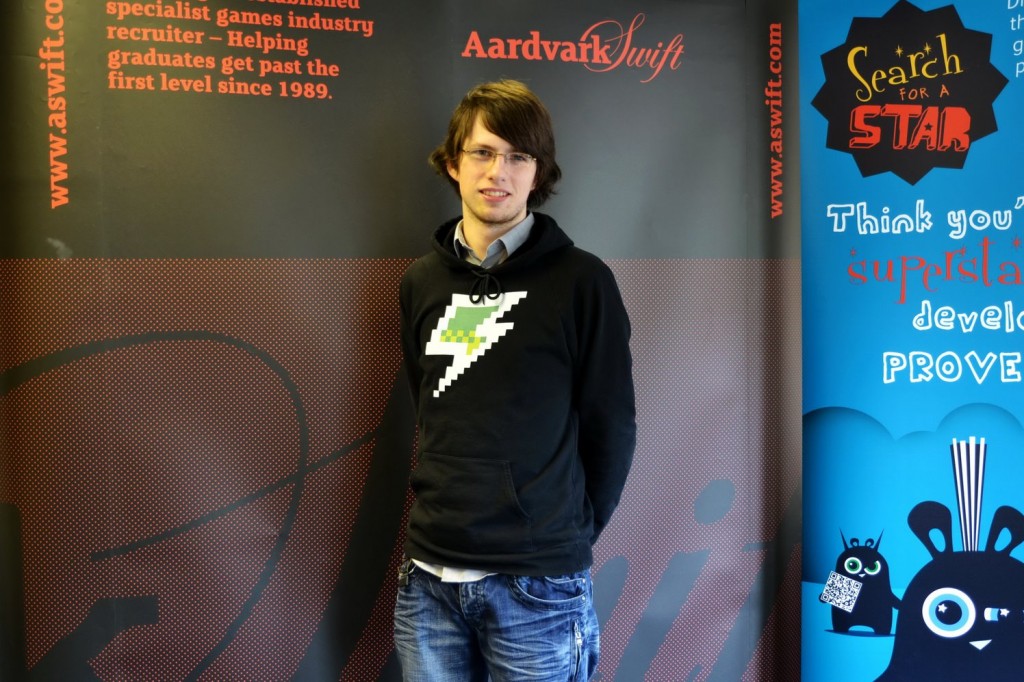
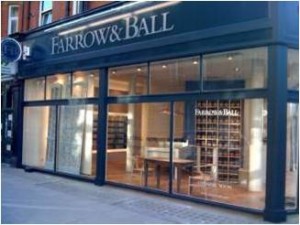

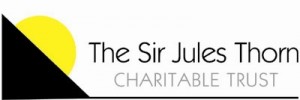



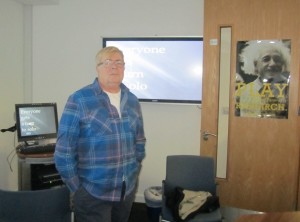
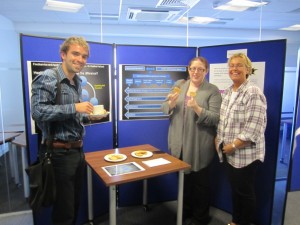
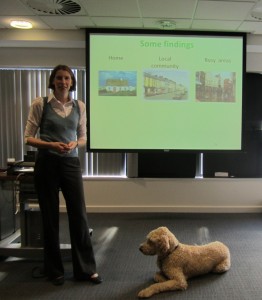


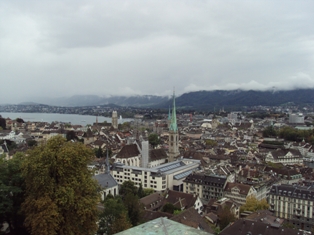
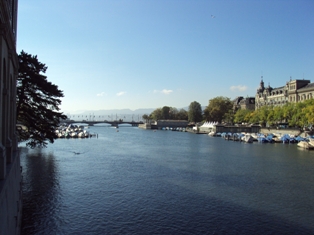












 Fourth INRC Symposium: From Clinical Applications to Neuro-Inspired Computation
Fourth INRC Symposium: From Clinical Applications to Neuro-Inspired Computation Writing policy briefs
Writing policy briefs Upholding Excellence: The Concordat to Support Research Integrity
Upholding Excellence: The Concordat to Support Research Integrity Today’s Documentation Will Serve Tomorrow’s Justice
Today’s Documentation Will Serve Tomorrow’s Justice ECR Funding Open Call: Research Culture & Community Grant – Application Deadline Friday 12 December
ECR Funding Open Call: Research Culture & Community Grant – Application Deadline Friday 12 December MSCA Postdoctoral Fellowships 2025 Call
MSCA Postdoctoral Fellowships 2025 Call ERC Advanced Grant 2025 Webinar
ERC Advanced Grant 2025 Webinar Horizon Europe Work Programme 2025 Published
Horizon Europe Work Programme 2025 Published Horizon Europe 2025 Work Programme pre-Published
Horizon Europe 2025 Work Programme pre-Published Update on UKRO services
Update on UKRO services European research project exploring use of ‘virtual twins’ to better manage metabolic associated fatty liver disease
European research project exploring use of ‘virtual twins’ to better manage metabolic associated fatty liver disease